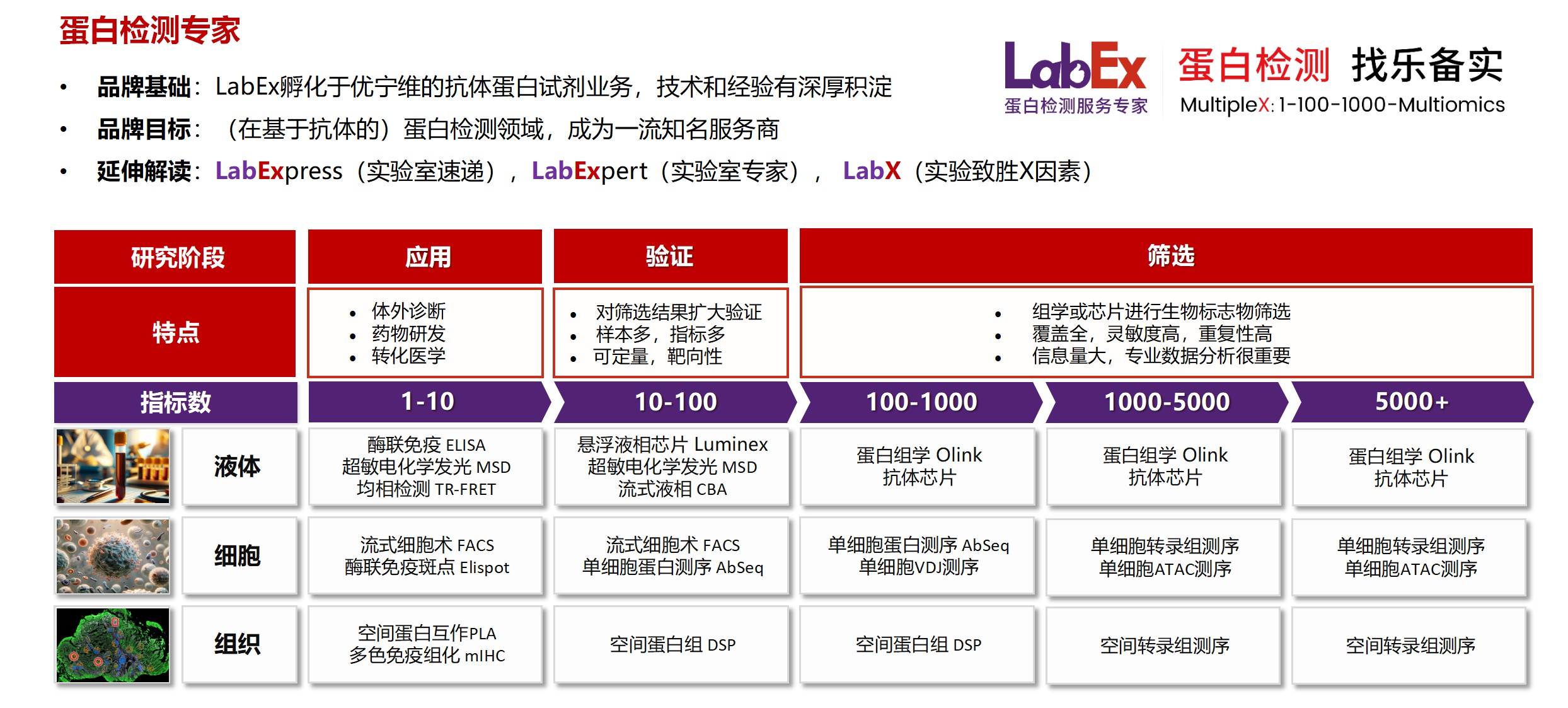Impact of CD4 T cells on intratumoral CD8 T-cell exhaustion and responsiveness to PD-1 blockade therapy in mouse brain tumors
Background: Glioblastoma is a fatal disease despite aggressive multimodal therapy. PD-1 blockade, a therapy that reinvigorates hypofunctional exhausted CD8 T cells (Tex) in many malignancies, has not shown efficacy in glioblastoma. Loss of CD4 T cells can lead to an exhausted CD8 T-cell phenotype, and terminally exhausted CD8 T cells (Tex term) do not respond to PD-1 blockade. GL261 and CT2A are complementary orthotopic models of glioblastoma. GL261 has a functional CD4 T-cell compartment and is responsive to PD-1 blockade; notably, CD4 depletion abrogates this survival benefit. CT2A is composed of dysfunctional CD4 T cells and is PD-1 blockade unresponsive. We leverage these models to understand the impact of CD4 T cells on CD8 T-cell exhaustion and PD-1 blockade sensitivity in glioblastoma. Methods: Single-cell RNA sequencing was performed on flow sorted tumor-infiltrating lymphocytes from female C57/BL6 mice implanted with each model, with and without PD-1 blockade therapy. CD8+ and CD4+ T cells were identified and separately analyzed. Survival analyses were performed comparing PD-1 blockade therapy, CD40 agonist or combinatorial therapy. Results: The CD8 T-cell compartment of the models is composed of heterogenous CD8 Tex subsets, including progenitor exhausted CD8 T cells (Tex prog), intermediate Tex, proliferating Tex, and Tex term. GL261 is enriched with the PD-1 responsive Tex prog subset relative to the CT2A and CD4-depleted GL261 models, which are composed predominantly of the PD-1 blockade refractory Tex term subset. Analysis of the CD4 T-cell compartments revealed that the CT2A microenvironment is enriched with a suppressive Treg subset and an effector CD4 T-cell subset that expresses an inhibitory interferon-stimulated (Isc) signature. Finally, we demonstrate that addition of CD40 agonist to PD-1 blockade therapy improves survival in CT2A tumor-bearing mice. Conclusions: Here, we describe that dysfunctional CD4 T cells are associated with terminal CD8 T-cell exhaustion, suggesting CD4 T cells impact PD-1 blockade efficacy by controlling the severity of exhaustion. Given that CD4 lymphopenia is frequently observed in patients with glioblastoma, this may represent a basis for resistance to PD-1 blockade. We demonstrate that CD40 agonism may circumvent a dysfunctional CD4 compartment to improve PD-1 blockade responsiveness, supporting a novel synergistic immunotherapeutic approach. Keywords: CD4-positive T-lymphocytes; CD8-positive T-lymphocytes; brain neoplasms; immunotherapy; lymphocytes, tumor-infiltrating.
乐备实是国内专注于提供高质量蛋白检测以及组学分析服务的实验服务专家,自2018年成立以来,乐备实不断寻求突破,公司的服务技术平台已扩展到单细胞测序、空间多组学、流式检测、超敏电化学发光、Luminex多因子检测、抗体芯片、PCR Array、ELISA、Elispot、PLA蛋白互作、多色免疫组化、DSP空间多组学等30多个,建立起了一套涵盖基因、蛋白、细胞以及组织水平实验的完整检测体系。
我们可提供从样本运输、储存管理、样本制备、样本检测到检测数据分析的全流程服务。凭借严格的实验室管理流程、标准化实验室操作、原始数据储存体系以及实验项目管理系统,已经为超过3000家客户单位提供服务,年检测样本超过100万,受到了广大客户的信任与支持。

声明:本篇文章在创作中部分采用了人工智能辅助。如有任何内容涉及版权或知识产权问题,敬请告知,我们承诺将在第一时间核实并撤下。
详见LabEx网站(
www.u-labex.com)或来电咨询!
基因水平:PCR Array、RT-PCR、PCR、单细胞测序
蛋白水平:MSD、Luminex、CBA、Elispot、Antibody Array、ELISA、Sengenics
细胞水平:细胞染色、细胞分选、细胞培养、细胞功能
组织水平:空间多组学、多重荧光免疫组化、免疫组化、免疫荧光
数据分析:流式数据分析、组化数据分析、多因子数据分析
基因水平:PCR Array、RT-PCR、PCR、单细胞测序
蛋白水平:MSD、Luminex、CBA、Elispot、Antibody Array、ELISA、Sengenics
细胞水平:细胞染色、细胞分选、细胞培养、细胞功能
组织水平:空间多组学、多重荧光免疫组化、免疫组化、免疫荧光
数据分析:流式数据分析、组化数据分析、多因子数据分析
联系电话:4001619919
联系邮箱:labex-mkt@u-labex.com
公众平台:蛋白检测服务专家
联系邮箱:labex-mkt@u-labex.com
公众平台:蛋白检测服务专家

本网站销售的所有产品及服务均不得用于人类或动物之临床诊断或治疗,仅可用于工业或者科研等非医疗目的。










 沪公网安备31011502400759号
沪公网安备31011502400759号
 营业执照(三证合一)
营业执照(三证合一)


